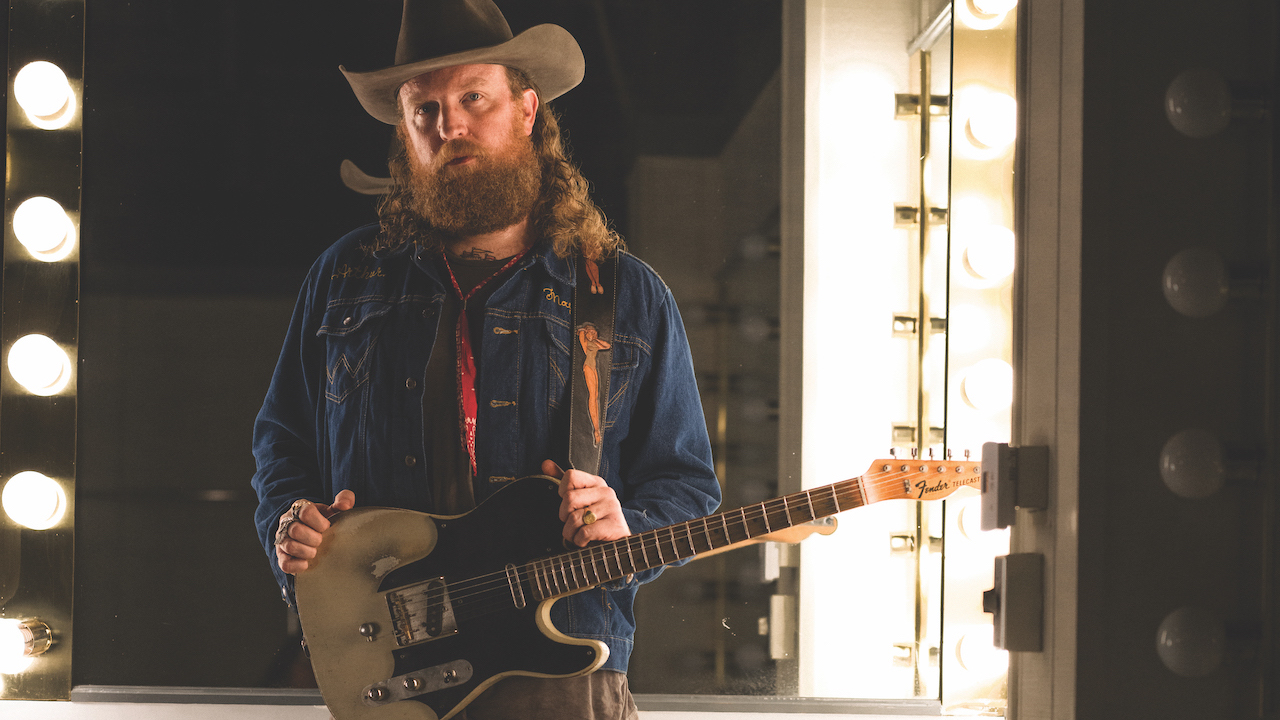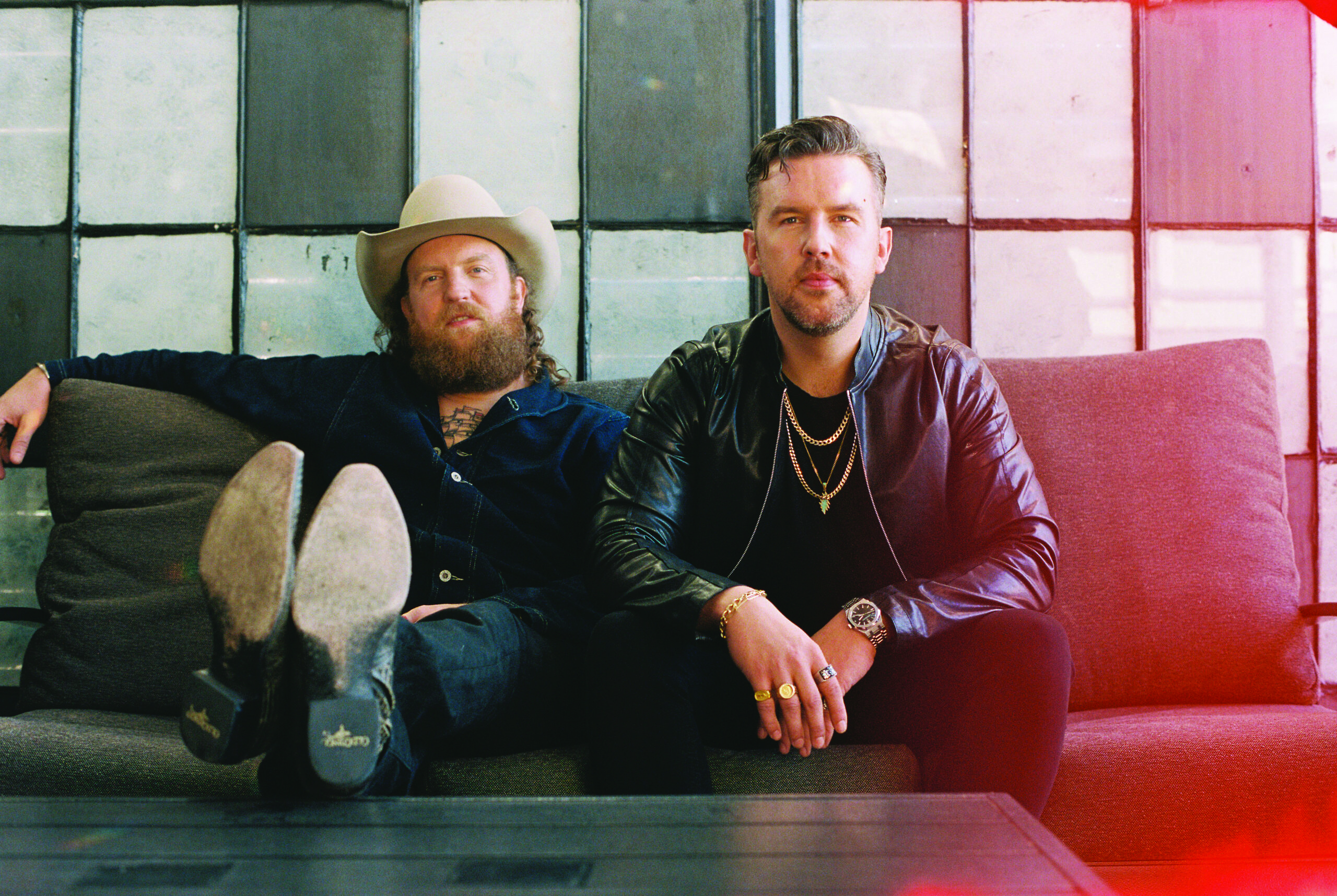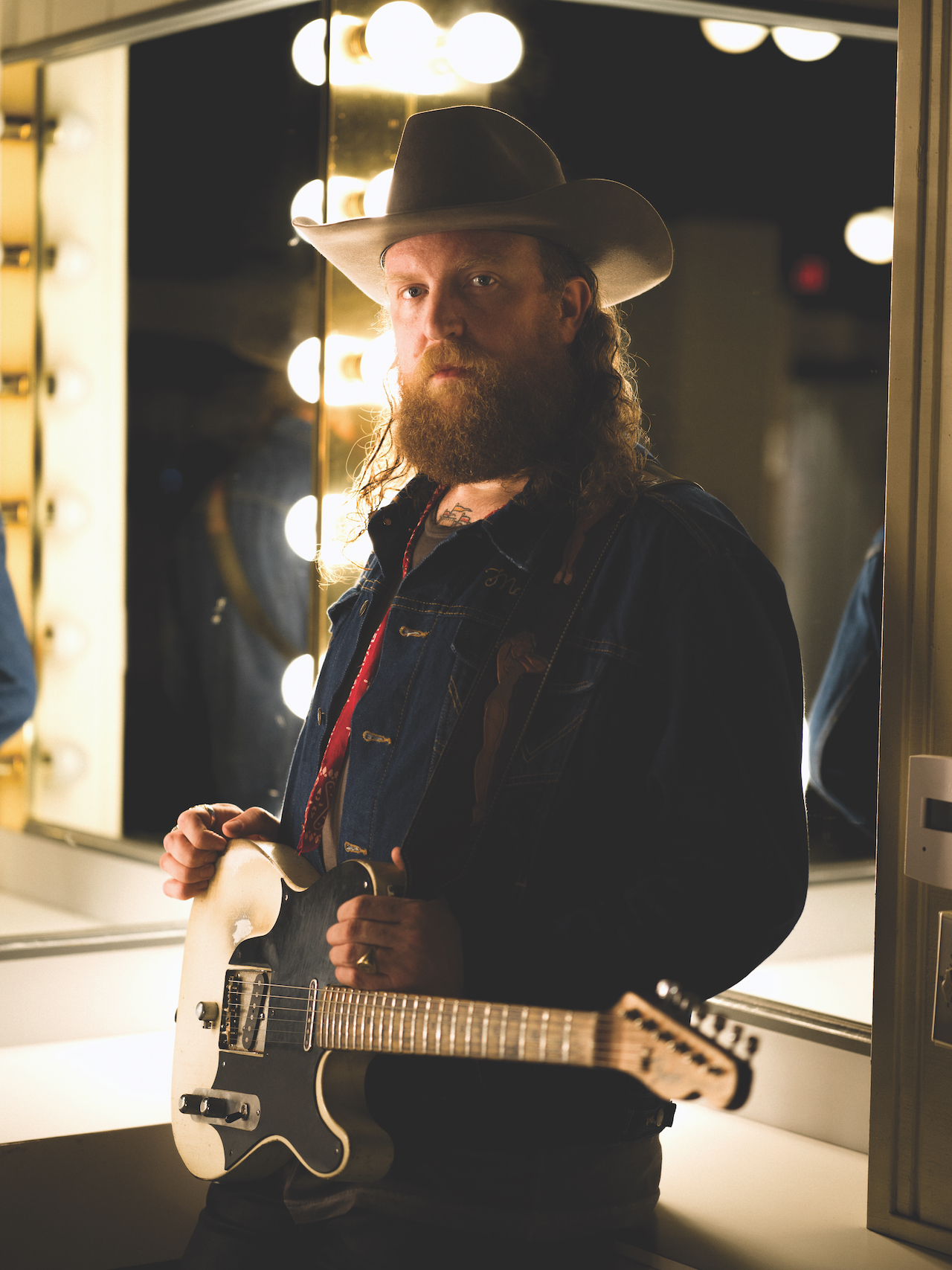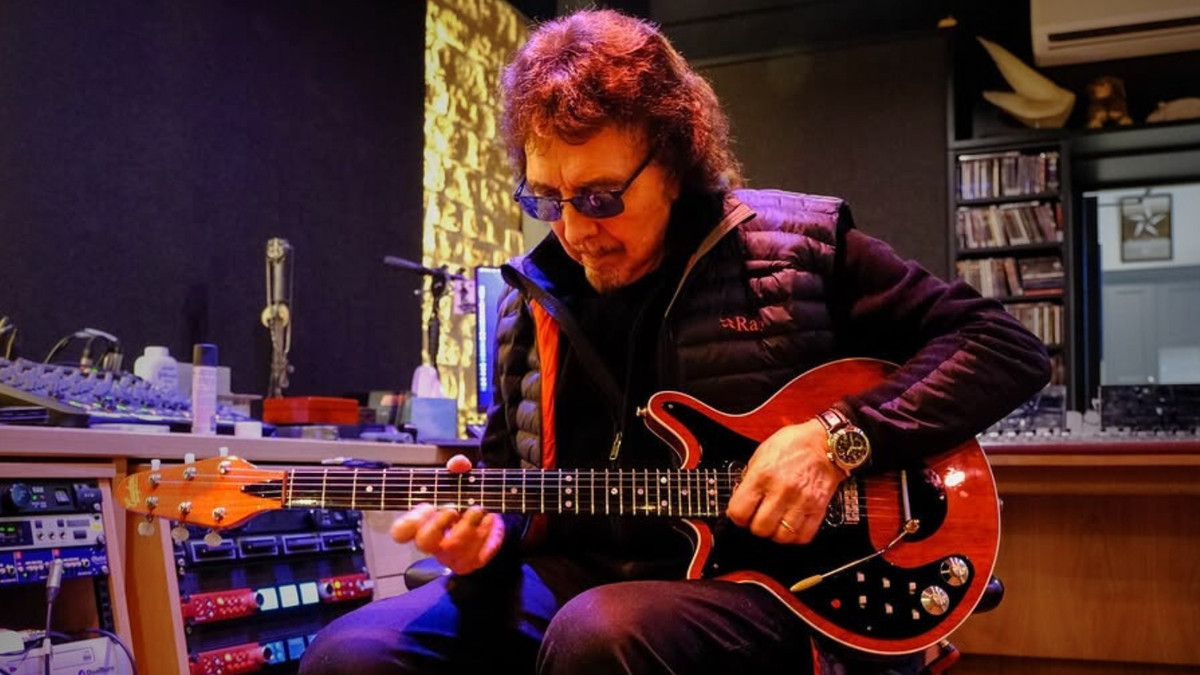“Am I a country guitarist? Sure. But the genre is so wide. I mean, Chuck Berry is a rock guitarist, but so is Buckethead”: How John Osborne overcame tinnitus and mental health difficulties to make a career-defining album with his brother TJ

The Brothers Osborne went through all kinds of hell while recording their last album, 2020’s Skeletons. Lead guitarist John Osborne came down with tinnitus. His singer-guitarist brother, TJ, was sidelined for a month with salmonella poisoning. The historic tornado that hit Nashville that year caused their studio to lose power, and COVID continued to ravage the community, requiring the country-rock duo to finish the album while in quarantine.
Things didn’t get easier as they prepared to record a follow-up, but this time the issues the brothers faced were more personal. TJ made headlines when he came out (making him the first openly gay artist on a major country music label), and he’s used his position to become a leader for a more inclusive country community.
Meanwhile, John struggled with depression and anxiety, leading him to seek help in a therapy retreat. “We’ve been through a lot, but we’ve had a lot of love and support,” John says. “And in many ways, we’re stronger as people and musicians. We channeled it all into our writing and wrote with our hearts wide open.”
Throughout his life, John viewed the guitar as a trusted friend that was always there, especially during tough times. But the double shot of mental health issues and ongoing tinnitus flattened him, and for the first time in a long time he put the guitar down.
“It was difficult at first, because I didn’t have my comfort blanket,” he says. “Once I worked on me, I was able to come back to the guitar and feel interested in it again. Now I feel like I’m a better player. It’s like I came back with a clean slate.” He pauses, then says decidedly, “But it’s only because I put in that work; otherwise, I’d be faking my way through.”
The new album, titled simply Brothers Osborne, is as musically potent as anything the duo has ever done. But not surprisingly, hook-filled, commercial bull’s-eyes like Who Says You Can’t Have Everything and Nobody’s Nobody display a newfound – and no doubt hard-earned – lyrical maturity.
One of the most distinctive elements of John’s playing is his ability to surprise, especially during solos, and on the country-funk groover Ain’t Nobody Got Time for That, he turns in a deliciously whacked-out industrial lead that’s sure to raise eyebrows.
All the latest guitar news, interviews, lessons, reviews, deals and more, direct to your inbox!
“Our producer, Mike Elizondo, is a total gear nerd, so we’re kindred spirits,” John says. “He said he heard an Electro-Harmonix Bass Micro Synth on that solo, so I tried it out, and it sounded amazing! I couldn’t stop talking about it. My wife bought me one for my birthday, so you might hear more of that in the future. Anything can sound good in country music if you play from the heart.”

You and TJ really stretch the boundaries of country music, which begs the question: Do you consider yourself a country guitarist?
“I do. I grew up playing country music, and I learned a lot of the old stuff. The first song I learned was Your Cheating Heart by Hank Williams. I studied a lot of country guys – Don Rich, Roy Nichols… people like that – but then I branched out.
“I listened to Alan Jackson and heard this insane guitar playing by Brent Mason. Then Brad Paisley and Keith Urban took things to another level. Am I a country guitarist? Sure. But the genre is so wide, just like rock. I mean, Chuck Berry is a rock guitarist, but so is Buckethead.”
In my view, the guitar and the song are joined at the hip
That said, you and TJ seem to be able to avoid country clichés, both lyrically and musically.
“It’s funny how country music gets such a bad rap. You ever hear people say, ‘I don’t like country music because it’s so lame,’ but they’ll mention a country artist they do like? They never say that about other genres. I listen to all genres of music, and there’s artists in each genre I don’t like, but I don’t put down the whole genre. [laughs]
“To me, it’s almost a philosophical question that comes down to authenticity. Luke Bryan is authentic because he isn’t trying to be Sturgill Simpson. Sturgill Simpson doesn’t try to be Luke Bryan. Same with Chris Stapleton. With TJ and me, we’re just being ourselves. Thank God people like what we do, because we don’t know how to be anything else.”
You’re interesting in that you play unexpected licks and solos, yet they seem to fit the material perfectly. And you don’t need a lot of space, either. Your solo in Who Says You Can’t Have Everything is very short and quirky, but it makes a point.
“In my view, the guitar and the song are joined at the hip. Some guys go, ‘I’ve got four bars, eight bars – I’ll noodle my way through.’ Why would you do that? If you’ve got four or eight bars as a lyricist, you wouldn’t say, ‘I’ll just sing whatever.’ I want what I play to be singable and memorable. That’s why one of the best guitarists for songs is Mike Campbell. Everything he plays matters.
“It took me a while to appreciate that, because when you’re young you just want to burn and impress girls. I love jamming and improvising, but that doesn’t work when you’re trying to play for the song. I don’t want to just kill dead space; I want to play something that sticks with you. It can be something adventurous or something simple, as long as it matters.”
On Goodbye’s Kickin’ In, your licks and soloing are quite simple, but they’re as important as the lyrics.
“That one was quite a bit like Tom Petty and Mike Campbell. I played a Tele through a Princeton amp and got a real clean sound. It’s a bit of a Stones approach, too. I love the rhythm parts, and the solo is something like three notes, with tons of space.”
That’s what’s so surprising. A lot of guitarists would use that space to burn, but you went minimal. It’s reminiscent of Steve Cropper or Curtis Mayfield.
“There you go. I’m not saying, ‘Look at me.’ I’m saying, ‘Listen to the song.’ Cropper is a great example – keep it simple and singable. What did Miles Davis say? ‘Music is the space between the notes.’ It’s hard to remember that sometimes, because, as guitarists, our instincts are to fill up all the spaces.”

How do you seek new inspiration as a guitarist? Who are you listening to these days?
“I’ve gone back and listened to stuff I used to ignore, like all the pop music Tim Pierce played on. Toto was a band I didn’t have time for because it was my dad’s music, but now I listen to it and it blows my mind. I’ve become obsessed with sounds. Tame Impala – how is that guy [Kevin Parker] getting those sounds out of a guitar? I mean, you wouldn’t put him in a blues jam, but what he does is remarkable.”
On the other hand, it might be cool if he were in a blues jam.
“You know, you’re right. [laughs] That juxtaposition would be cool. That’s what I’m going for: If you’re inspired, it’ll come through in your playing, and it’ll sound cool with your music.”
- Brothers Osborne can be purchased or streamed now.

Joe is a freelance journalist who has, over the past few decades, interviewed hundreds of guitarists for Guitar World, Guitar Player, MusicRadar and Classic Rock. He is also a former editor of Guitar World, contributing writer for Guitar Aficionado and VP of A&R for Island Records. He’s an enthusiastic guitarist, but he’s nowhere near the likes of the people he interviews. Surprisingly, his skills are more suited to the drums. If you need a drummer for your Beatles tribute band, look him up.


